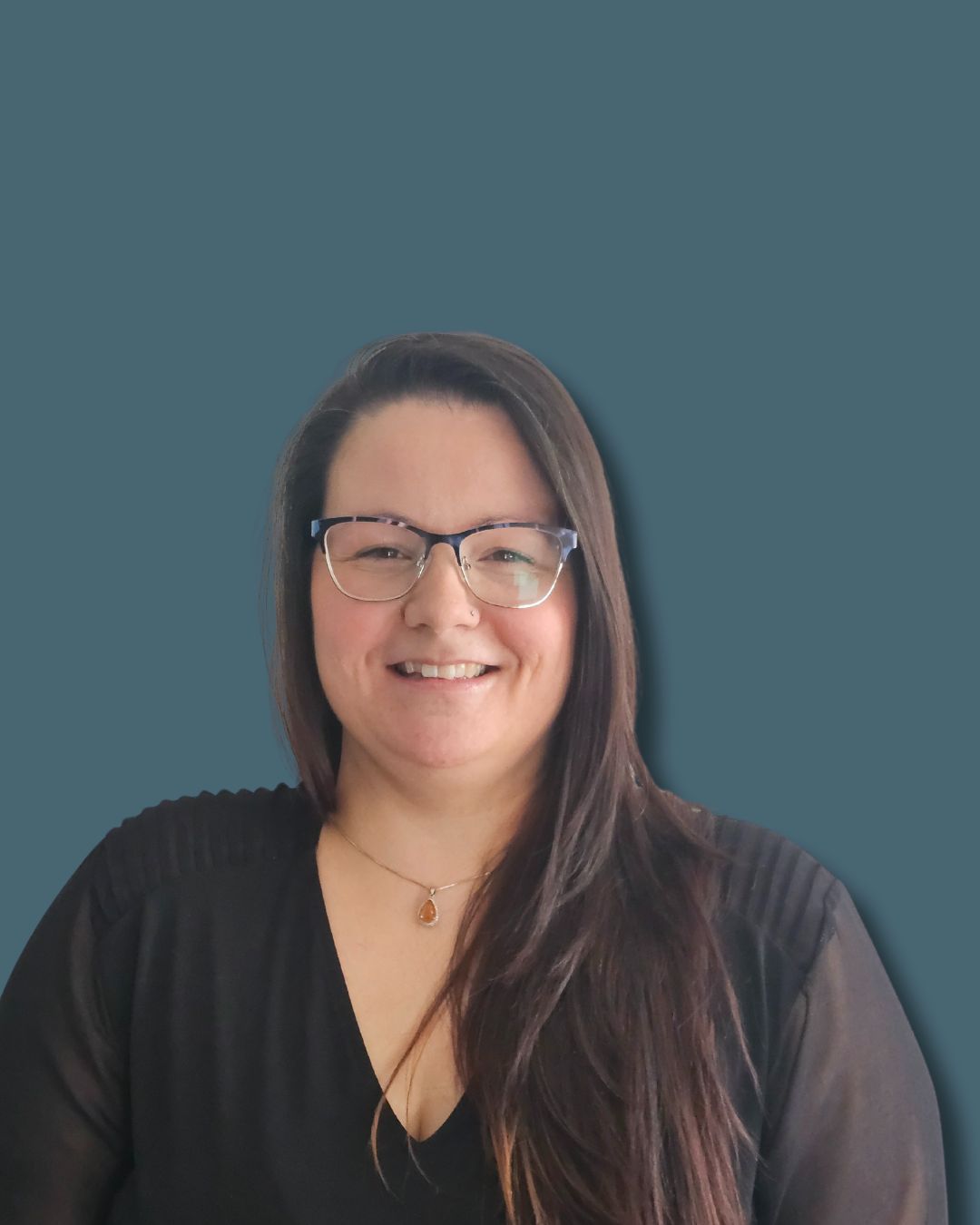Honouring Truth and Reconciliation: Supporting Indigenous Mental Health
- Roxanne Yost-Khan

- Sep 28, 2025
- 3 min read
September 30 is Canada’s National Day for Truth and Reconciliation. It is a day to honour survivors of residential schools, remember the children who never returned home, and reflect on the ongoing impacts of colonization on Indigenous communities.
As a non-Indigenous mental health professional, I aim to approach this day, and my work with Indigenous clients, with humility, awareness, and a commitment to cultural responsiveness.
Why This Matters
Intergenerational trauma affects mental health in many ways. Indigenous people may experience increased rates of anxiety, depression, substance use, and other challenges due to historical and ongoing systemic oppression.
Recognizing this is not only about understanding the past, but also about understanding how structural inequities continue to influence their wellbeing today. This recognition enables us to see the importance of culturally safe and respectful mental health support.
Creating Culturally Safe Spaces

"Cultural safety" means listening without judgment, respecting each person’s background, and valuing Indigenous knowledge.
Creating environments where clients feel understood and supported can be done by:
Learning about Indigenous history and perspectives on mental health.
Supporting Indigenous-led programs and traditional practices.
Collaborating with Indigenous elders, knowledge keepers, and community leaders.
Creating spaces where Indigenous people feel heard, respected, and empowered.
Being aware of personal biases and systemic barriers within mental health systems.
Being a Part of Reconciliation Everyday
Everyone can contribute to Truth and Reconciliation by listening, learning, challenging stereotypes, and supporting Indigenous-led initiatives. Small actions, like asking questions respectfully, showing kindness, and noticing biases, help build understanding and connection.
Professionals can support reconciliation by committing to ongoing education, addressing systemic inequities, and creating spaces where Indigenous clients feel respected, empowered, and supported in their healing journeys.
Taking the Time to Learn
Children & Youth:
Orange Shirt Day Activities (Homepage - Orange Shirt Society)
Books:
Adult:
Books:
21 Things You May Not Know About the Indian Act by Bob Joseph
Braiding Sweetgrass by Robin Wall Kimmerer
Hope and Healing
By learning, listening, and acting thoughtfully, we can create a future where Indigenous mental health is supported, respected, and celebrated. On this day, and everyday, we honour Indigenous communities and reaffirm our commitment to supporting Indigenous mental health with respect, cultural responsiveness, and equity.
“We must embrace history in the way Indigenous peoples experienced as it truly unfolded. Only then will non-Indigenous Canadians begin to grasp the true horror of what we were subjected to and how the seeds of that horror continue to sprout and hold in our lives today.”
~Michelle Good (Truth Telling: Seven Conversations about Indigenous Life in Canada)
Related Posts
If you found this blog post helpful, considering checking out these other posts...
National Day for Truth and Reconciliation: https://www.balancepsychservices.ca/post/national-day-for-truth-and-reconciliation-6-guiding-principles-for-therapists
About Balance Psychological Services
Balance Psychological Services is a psychological private practice aimed toward healing, growth, and balance. Our mission is to ensure that every person who walks through our doors feels seen and accepted for exactly who they are, no matter the circumstances they are facing. With offices conveniently located in Stony Plain, Edmonton, and Beaumont, we are here and ready to help you find your balance. Book an appointment today.
Disclaimer
Information provided through Balance Psychological Services' blog posts is meant for educational purposes only. This is NOT medical or mental health advice. If you are seeking mental health advice, please contact us directly at (587) 985-3132.

